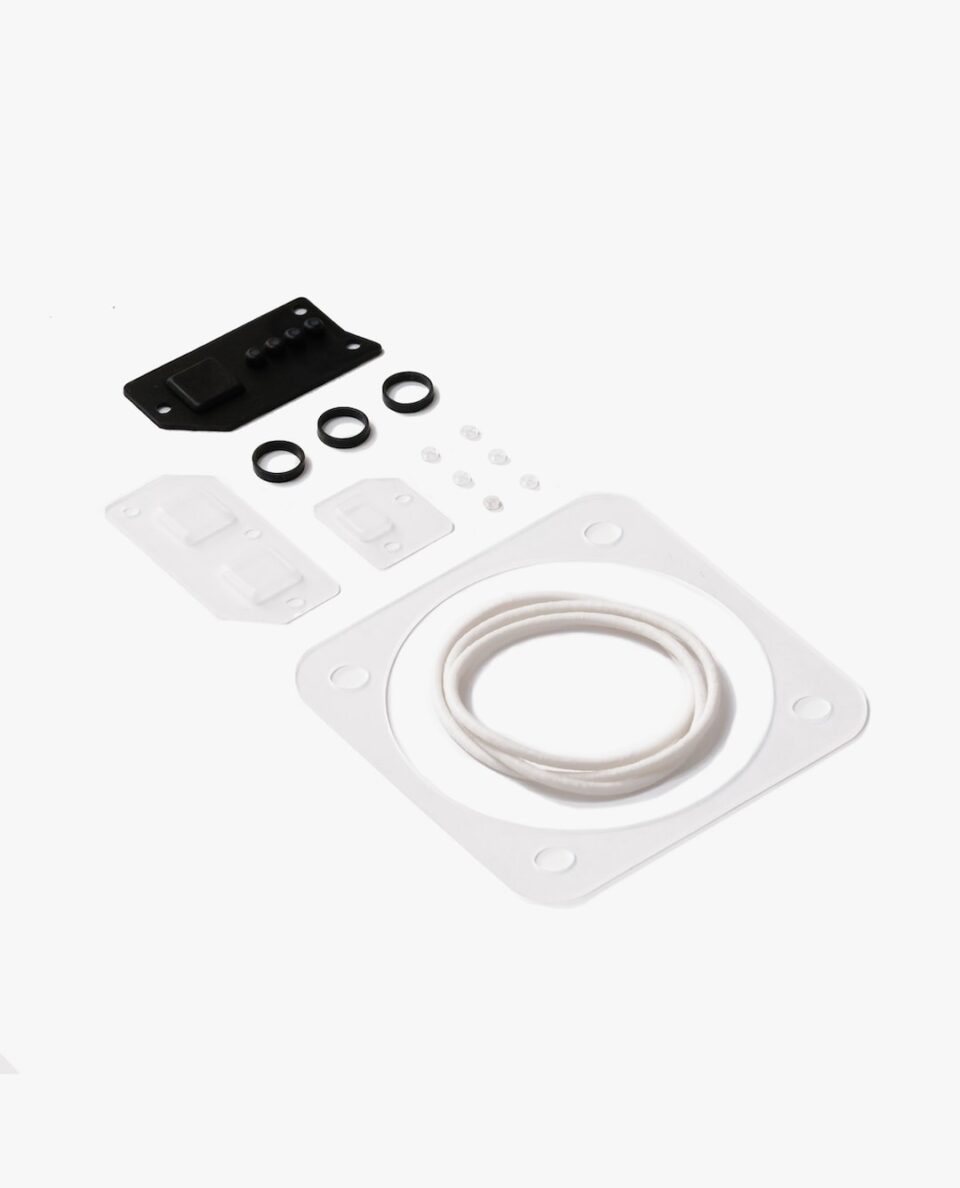Sonic Storytelling: How Audio Design Enhances Narrative in Podcasts
In the world of podcasting, audio design plays a crucial role in captivating the listeners and immersing them into the narrative. The effective use of sound effects, music, and other audio elements can greatly enhance the storytelling experience, creating a multi-dimensional world that transcends the limitations of a purely verbal medium. This article explores the significance of audio design and its impact on narrative in podcasts.
Audio design refers to the intentional arrangement of sound elements to create a desired effect. In the context of podcasts, it involves carefully curating and manipulating sounds to evoke emotions, establish a sense of place, and develop characters. This process requires technical skills and a keen understanding of how sound can be utilized as a powerful storytelling tool.
One of the primary ways audio design enhances narrative in podcasts is by creating a sense of immersion. By strategically placing sound effects throughout the story, podcast producers can transport listeners to different locations or situations. For example, the sound of footsteps on a creaky floorboard can instantly transport the audience to an eerie haunted house, heightening the suspense and tension in a horror-themed podcast. By audibly recreating specific sonic landscapes, podcasters create a vivid mental picture for their audience, enabling them to engage more deeply with the story.
Furthermore, audio design can assist in character development. Just as actors use their voices to portray different emotions and personalities, audio design can manipulate sound to help listeners form a connection with the characters. For instance, using specific music or sound effects to establish a character’s recurring theme or motif can immediately convey their mood, intentions, or backstory. By layering audio elements in a deliberate manner, podcast creators can offer additional dimensions to the characters, making them more relatable and memorable to the audience.
Additionally, audio design can enhance the overall pacing and structure of a podcast’s narrative. By utilizing different soundscapes, music, or even silence, audio designers can influence the listeners’ emotional journey throughout the story. For example, a sudden shift from a calm background to intense music can signal a climactic moment, keeping the audience on the edge of their seats. These audio cues help guide the listeners through the story, ensuring that they are fully engaged at all times.
In conclusion, audio design is a crucial component of storytelling in podcasts. Through the strategic use of sound effects, music, and other audio elements, podcast producers can create a multi-dimensional narrative experience that captivates and immerses their listeners. By utilizing audio design to establish a sense of place, develop characters, and enhance the overall pacing, podcasters can elevate their storytelling and leave a lasting impression on their audience. Whether it is a thrilling mystery or a heartwarming tale, audio design plays a vital role in bringing the narrative to life in the world of podcasts.
——————-
Article posted by:
Nyota Resound Studio
https://www.nyotaresound.com/

